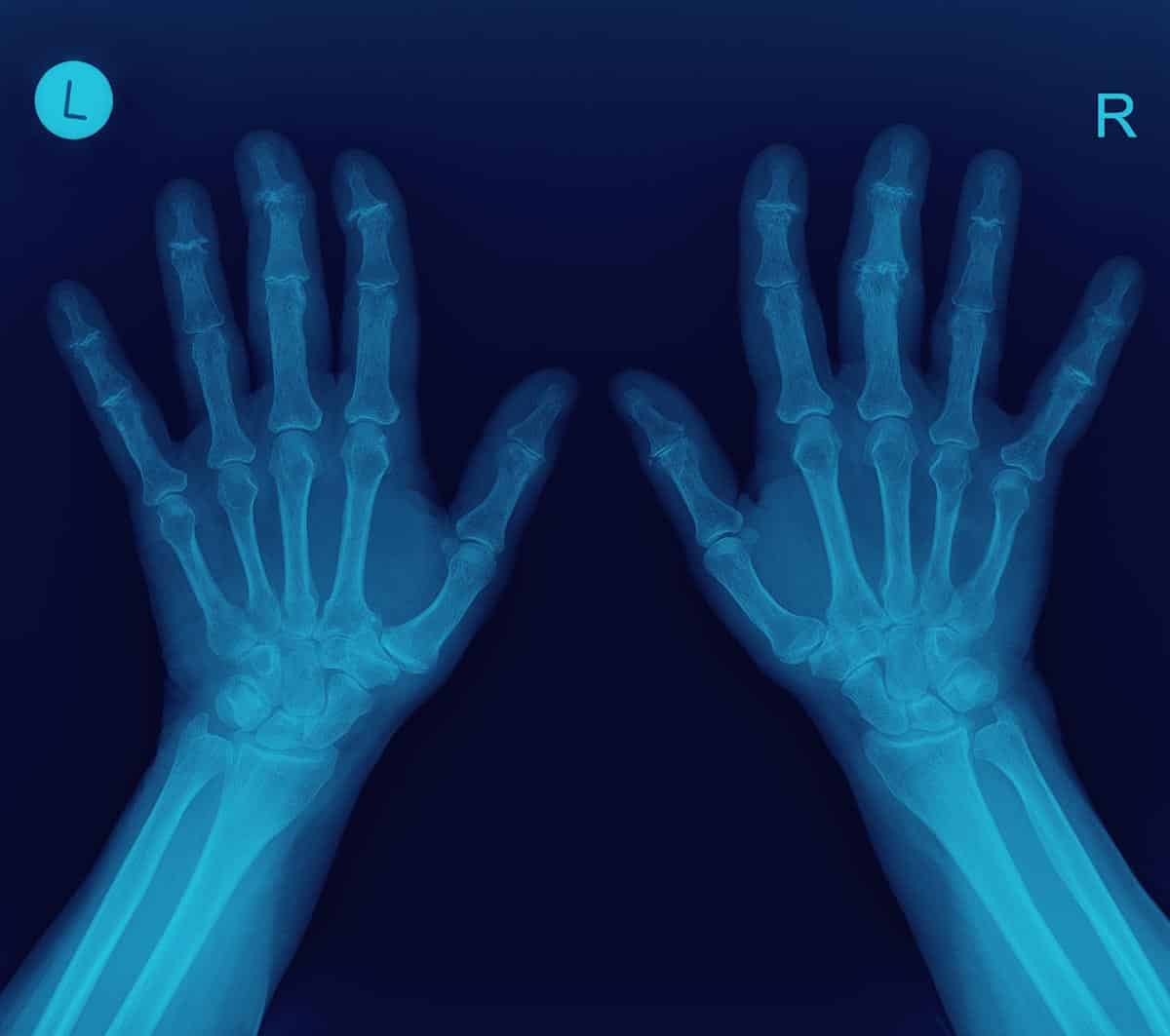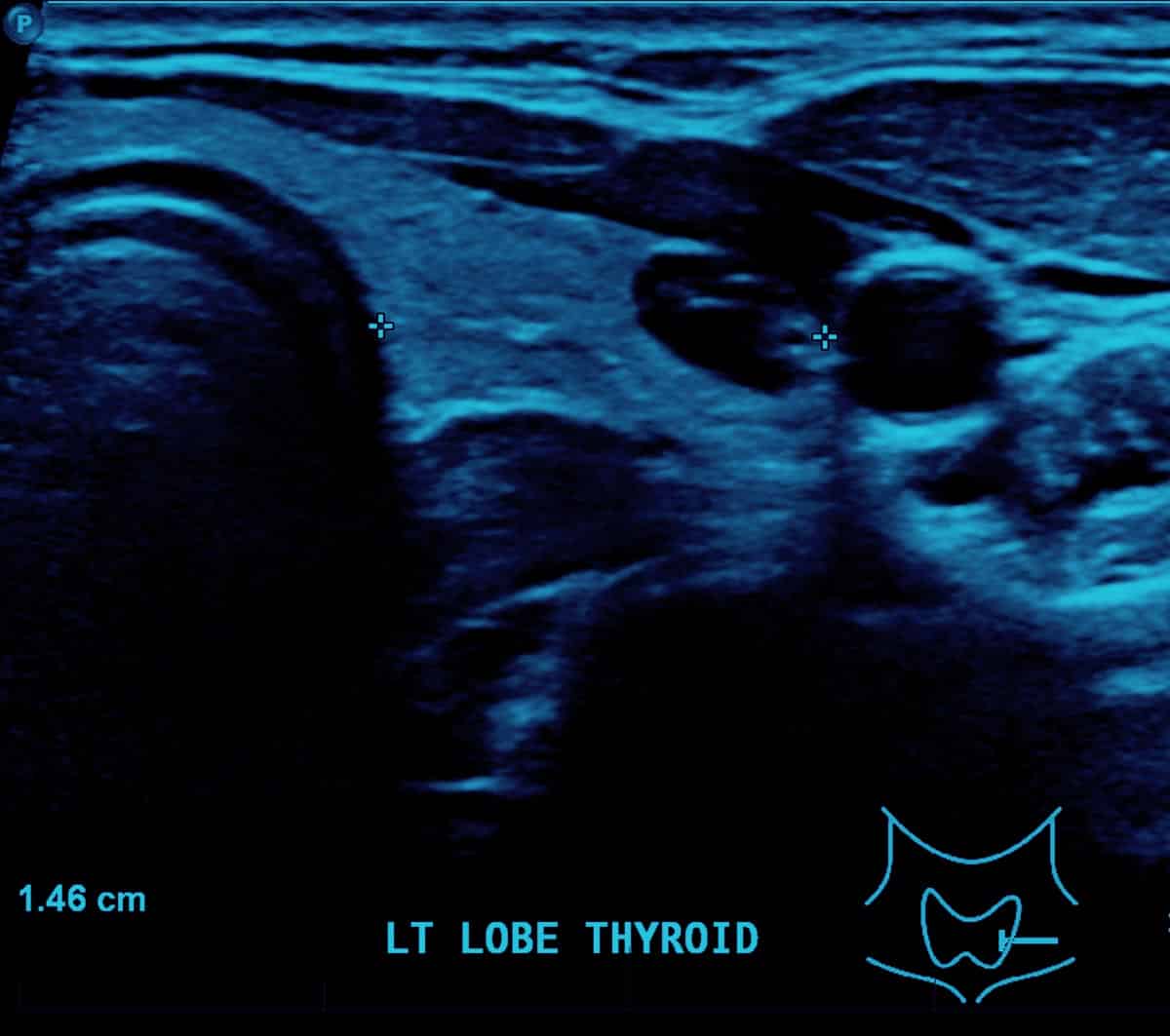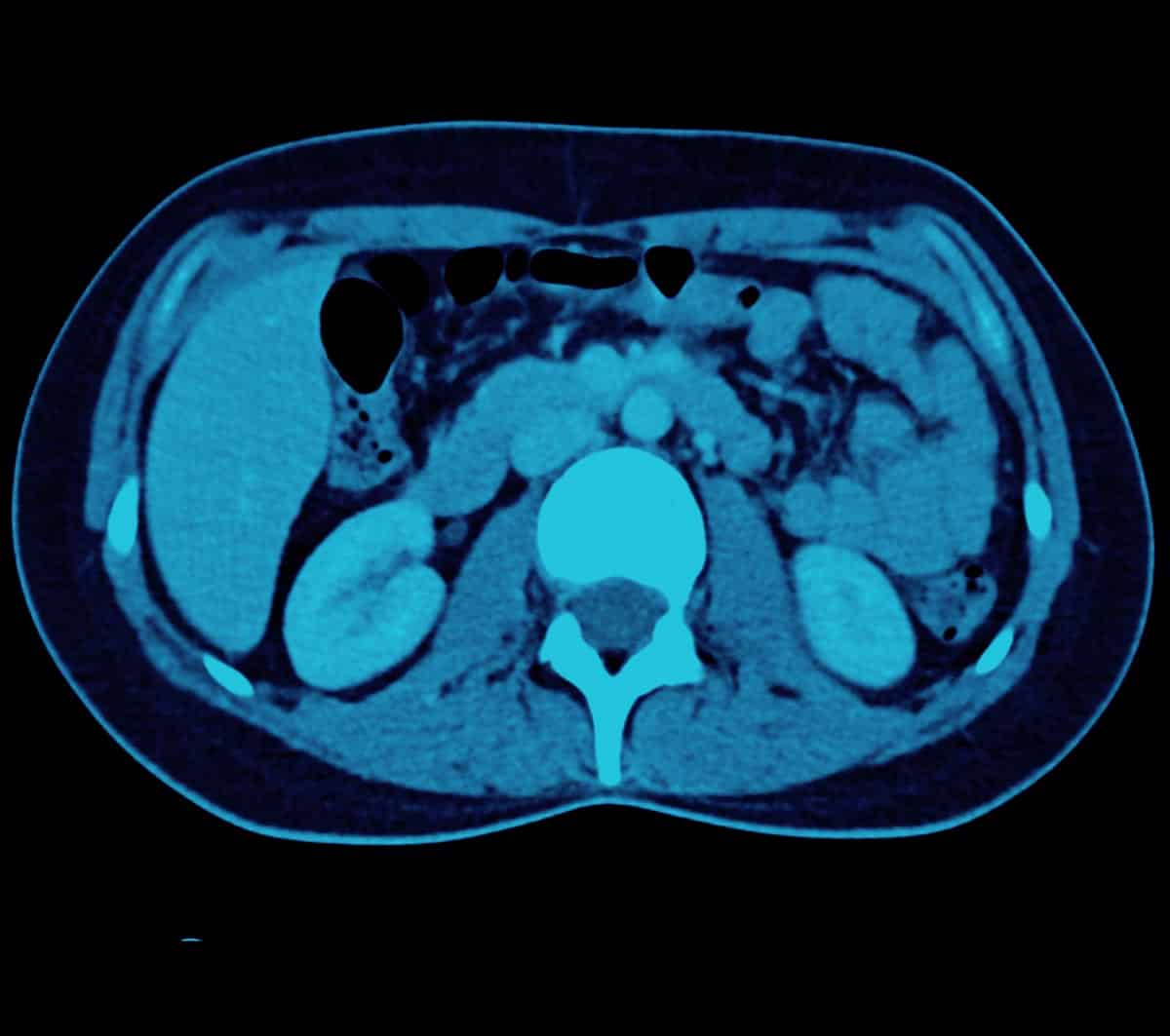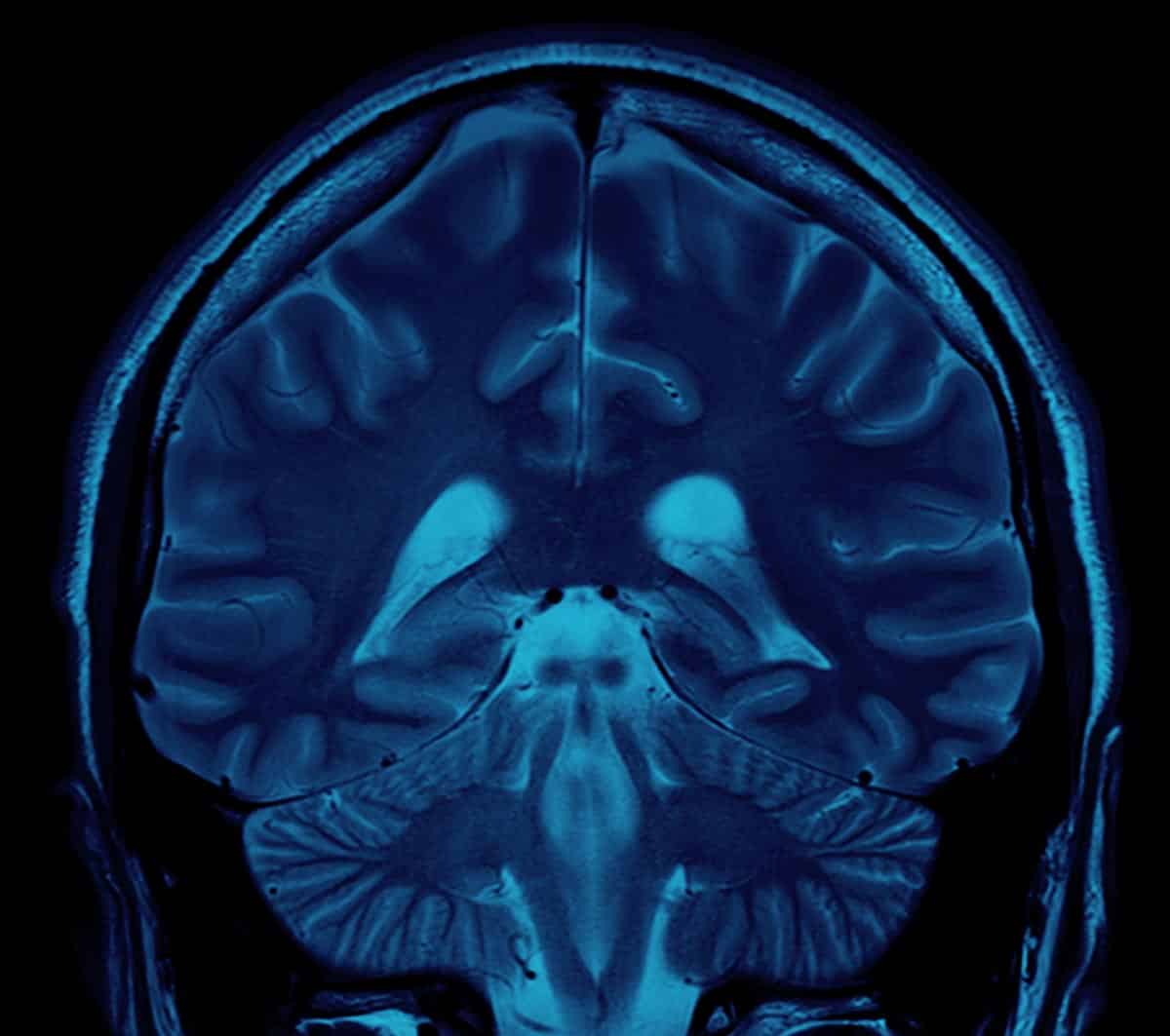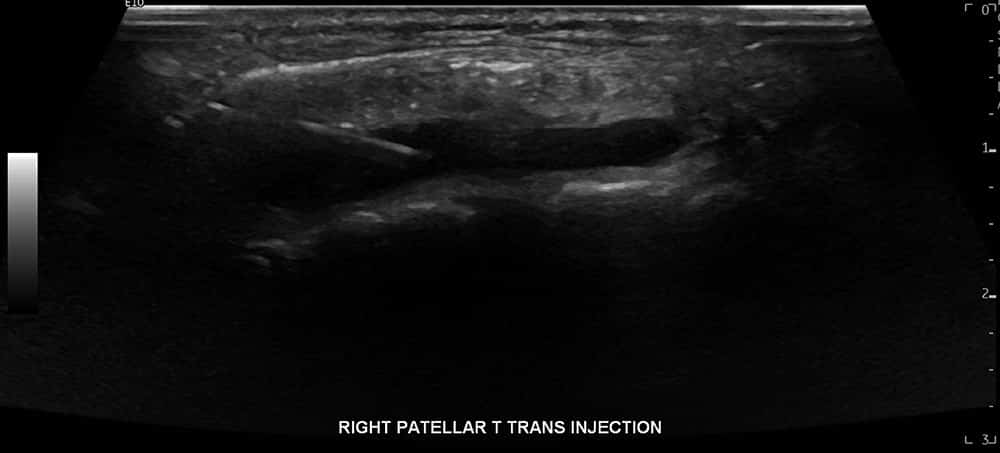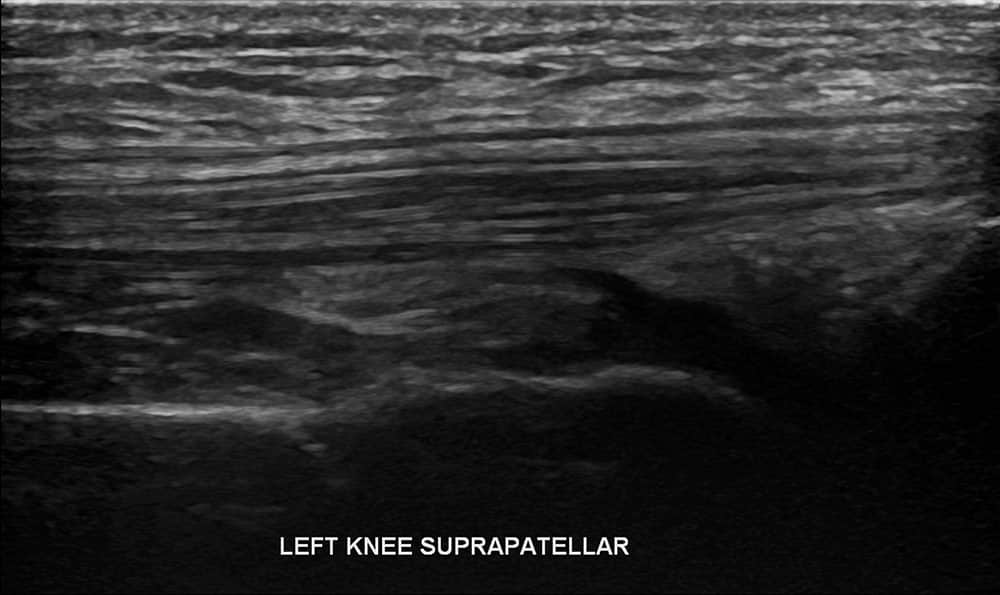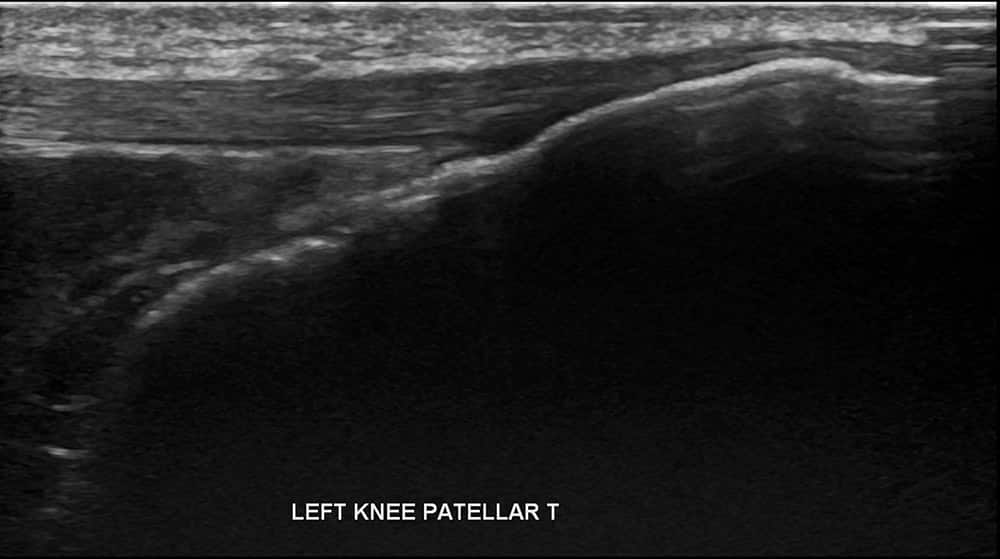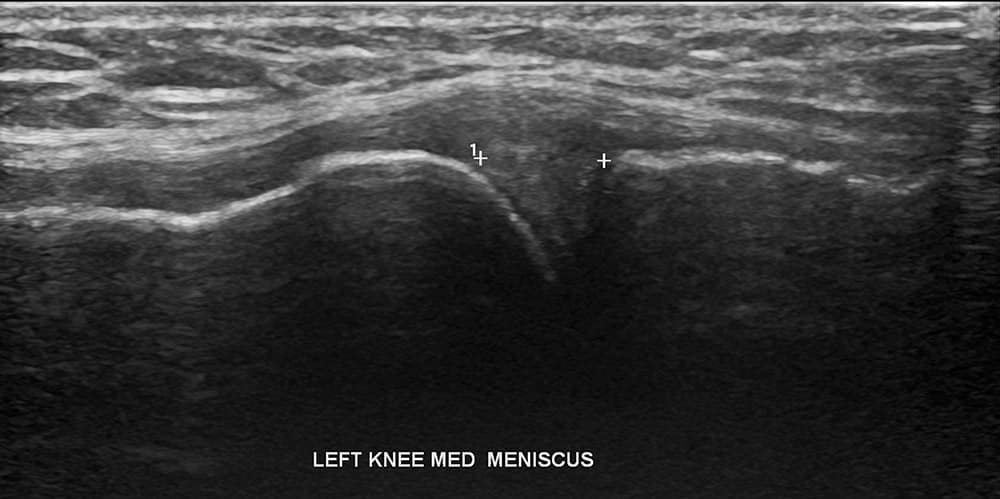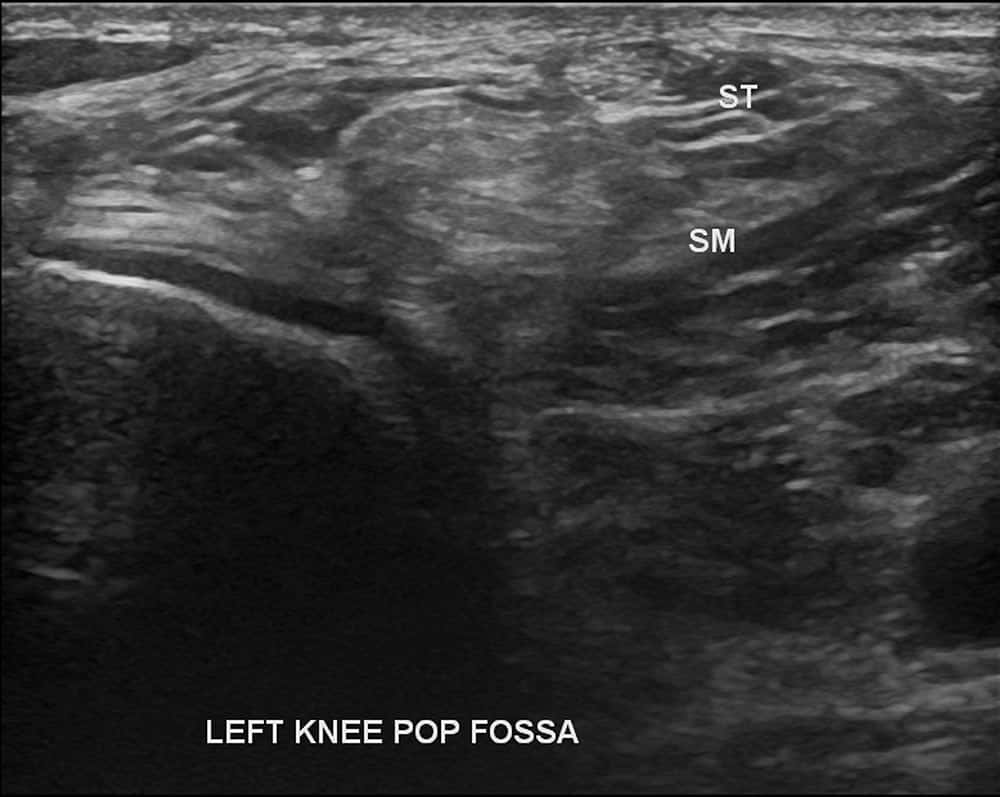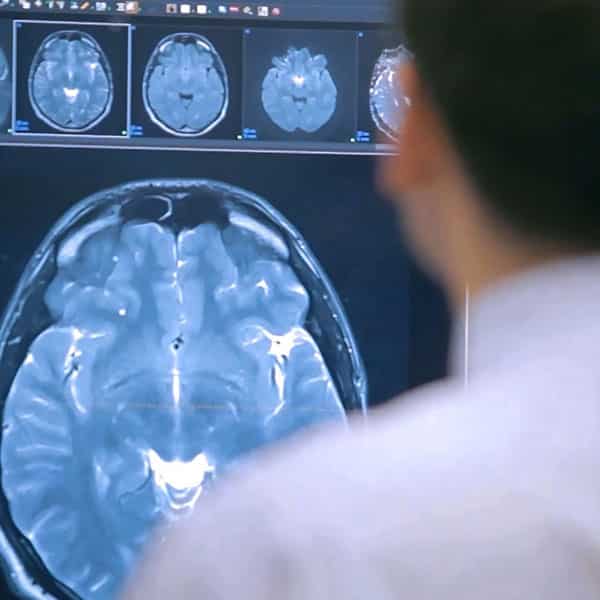Diagnostic Imaging for Knee Injuries.
Knee Ultrasound Imaging.
Utilising sound wave technology to produce clear, detailed images of soft tissue structures surrounding the knee joint, ultrasound can be used to detect and assess tendon and ligament injuries, meniscal injuries, muscle tears, synovial thickening, inflammation and bone erosion associated with rheumatoid arthritis, lesions and soft-tissue masses.
With the results available almost immediately, your doctor will be able to quickly diagnose the problem and administer appropriate treatment to achieve the optimal outcome.
Rapid Sports Injury Diagnosis.
Anterior cruciate ligament (ACL) tears, meniscus injury, muscle tears, tendinosis and other knee injuries can cause significant pain, discomfort and have a major impact on your ability to compete.
Knee ultrasound can assist your doctor to quickly make an accurate diagnosis of a knee sporting injury and enable them to develop an effective treatment plan to aid your recovery and restore mobility so you can get back to competing sooner.
Ultrasound-Guided Knee Injections.
Injectable blood treatments such as autologous blood injection (ABI) and platelet rich plasma (PRP) can speed up natural healing processes, while treatments including sclerosant and autologous tenocyte implantation (ATI) can provide valuable pain relief and treatment for cases of tendinosis.
The use of ultrasound during these procedures ensures the injection is accurately guided to the precise location of the abnormality without unnecessarily damaging surrounding tissues to achieve the best possible result.
Further Information.
We welcome referring doctors to discuss the individual imaging needs of their patients and the suitability of knee ultrasound based on the patient’s medical condition with our radiologists.
Specialist Radiologists.
MSK & MRI Fellowship Trained Radiologists
